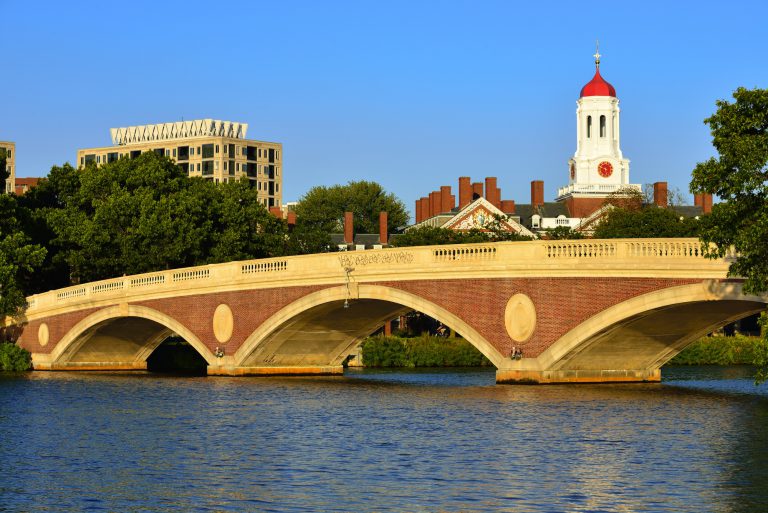
A former Ivy League admissions dean and founder of Admissions Revolution has claimed that Asian-American students face significant prejudice in the application process for competitive schools and colleges.
Sarah Harberson, the former associate dean of admissions at the University of Pennsylvania, recently wrote in The Los Angeles Times that elite universities practice what she calls “holistic admissions”. She explains that this approach is derived from the belief that a score in a test does not accurately represent the potential of a student. It allows the institution to consider the student’s background, extracurricular involvement, special talents, and many other criteria, but it also adds a subjectivity that has let racial and cultural intolerance slip into the admissions process.
Harberson writes: “As an admissions professional, I gave students, families and guidance counselors a list of what it took to be admitted- the objective expectations of a competitive applicant. I didn’t mention that racial stereotyping, money, connections and athletics sometimes overshadow these high benchmarks we all promoted. The veil of holistic admissions allows for these other factors to become key elements in a student’s admissions decision.”
She claims that many students are rejected because they don’t have a “tag” attached to their application — what Harberson describes as the “golden ticket” for any potential student wishing to be accepted into an elite school. Those with the tags are often well-off and well connected, and according to the former admissions dean, “Asian American students typically don’t have these tags”.
Generally, Asian-American students don’t have long-standing connections with these institutions, putting them at a distinct disadvantage when competing with those that do. Harberson states that even those that do have a connection are not inclined to use it. She says: “In all my many years of admissions, I never received a phone call or a visit from a well-connected politician, chief executive or other leader to advocate for an Asian American student.”
It has also been noted that Asian-American individuals are subjected to racial discrimination in discussions between admissions officers. If “holistic admissions” as a policy allows for race to be a factor in a person’s admission decision, in some cases it is inevitable that the consideration of race will work against Asian-American students.
Earlier this year, a coalition of Asian-American advocacy groups filed a federal complaint against Harvard University, claiming that the Ivy League institution admitted students depending on racial quotas. The lawsuits were filed by Students for Fair Admissions, a non-profit membership group of more than 20,000 students. The incident caused outrage and sparked a major discussion about the use of race in college admissions. Harvard responded to the complaints through its website, claiming that “The College’s admissions policies are fully compliant with the law and are essential to the pedagogical objectives that underlie its educational mission.”
As a result of the debate, many college-admissions consultants are specifically targeting Asian-American families to help them bring down what they call the “bamboo ceiling” at Ivy League schools. A number of institutions have introduced an ‘Aptitude Test’ that ignores the student’s background, and therefore offers a fair chance of admission to all prospective students
Harberson writes: “Without more transparency, holistic admissions can become an excuse for cultural bias to dictate a process that is supposed to open doors. We are better than that. And our youth will demand that we do something about it.”







